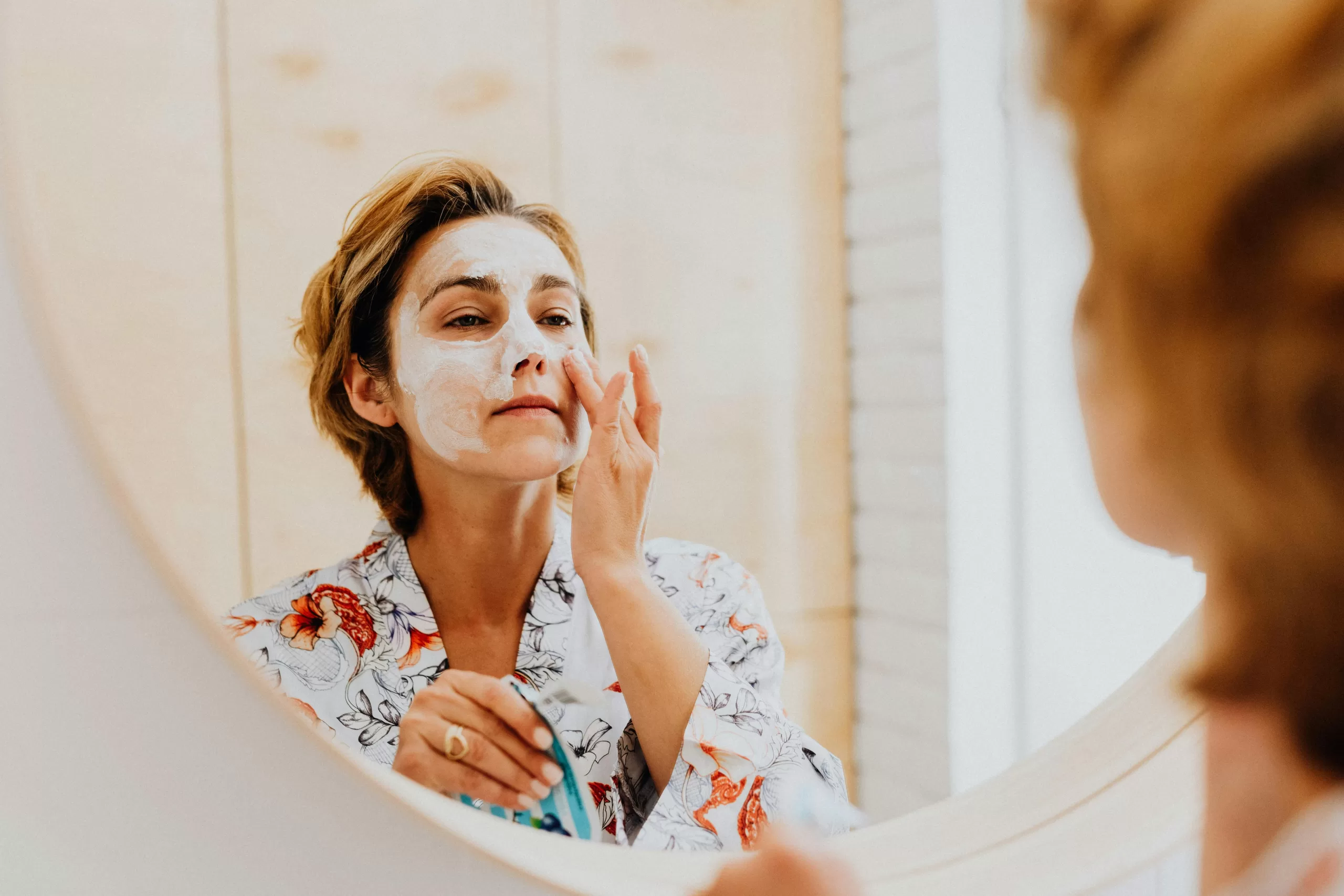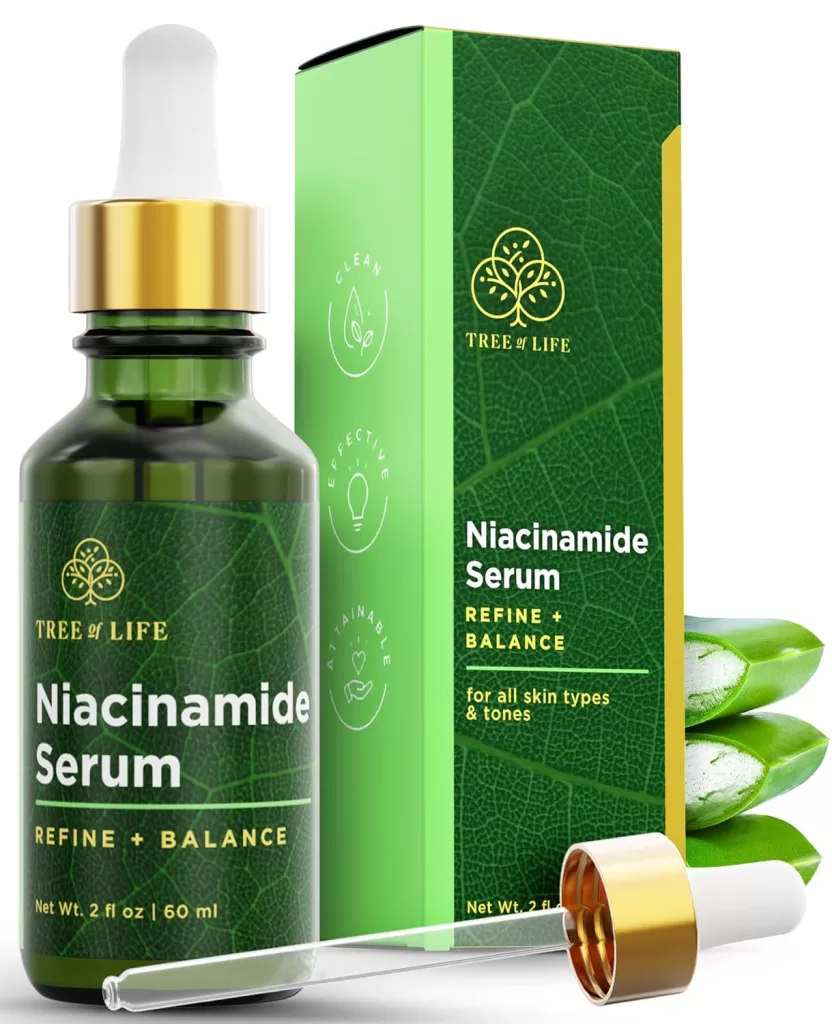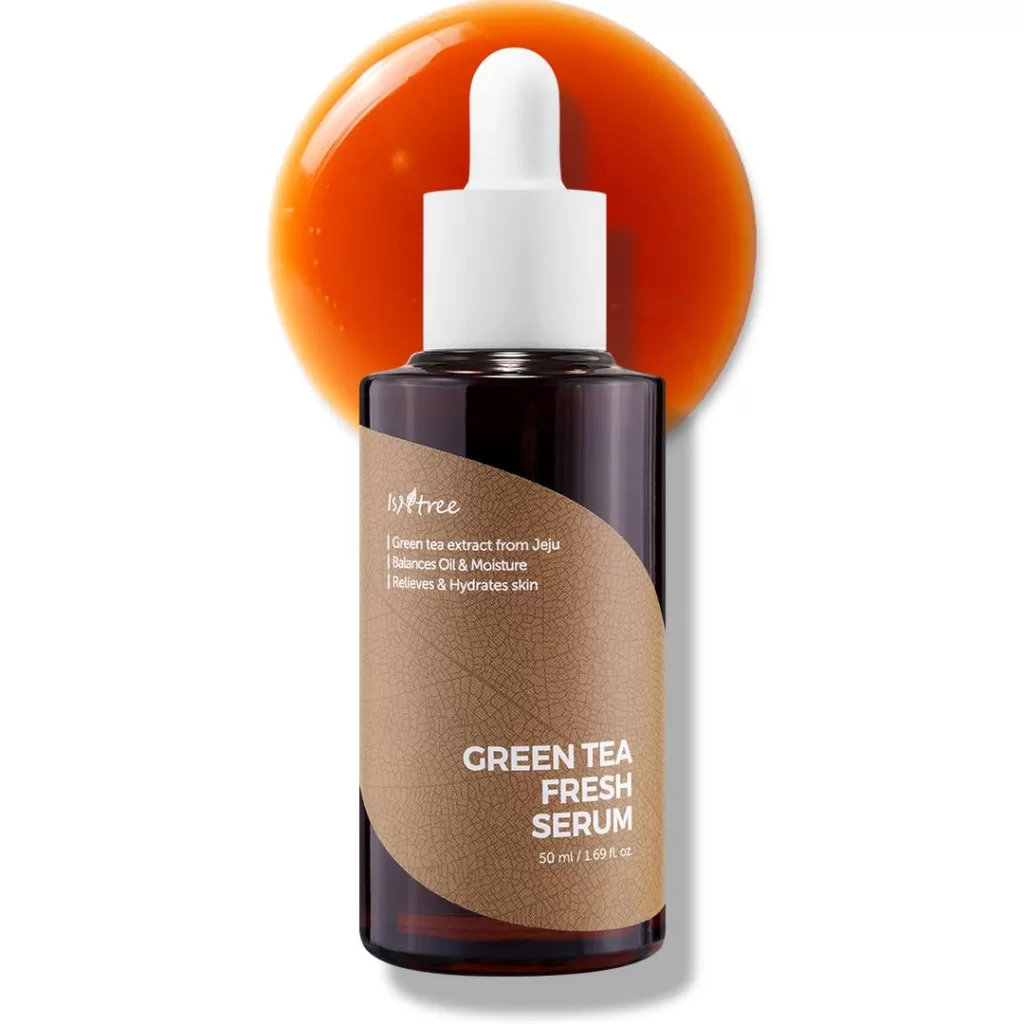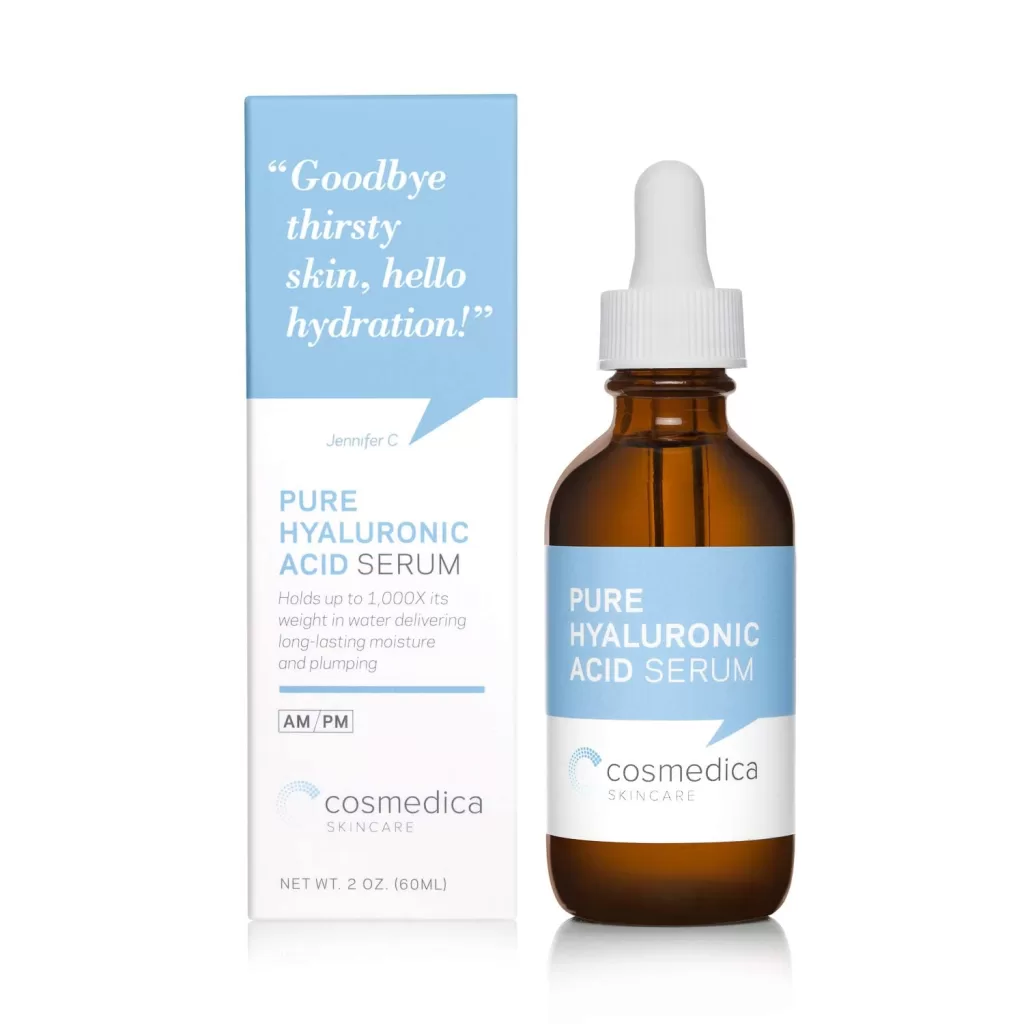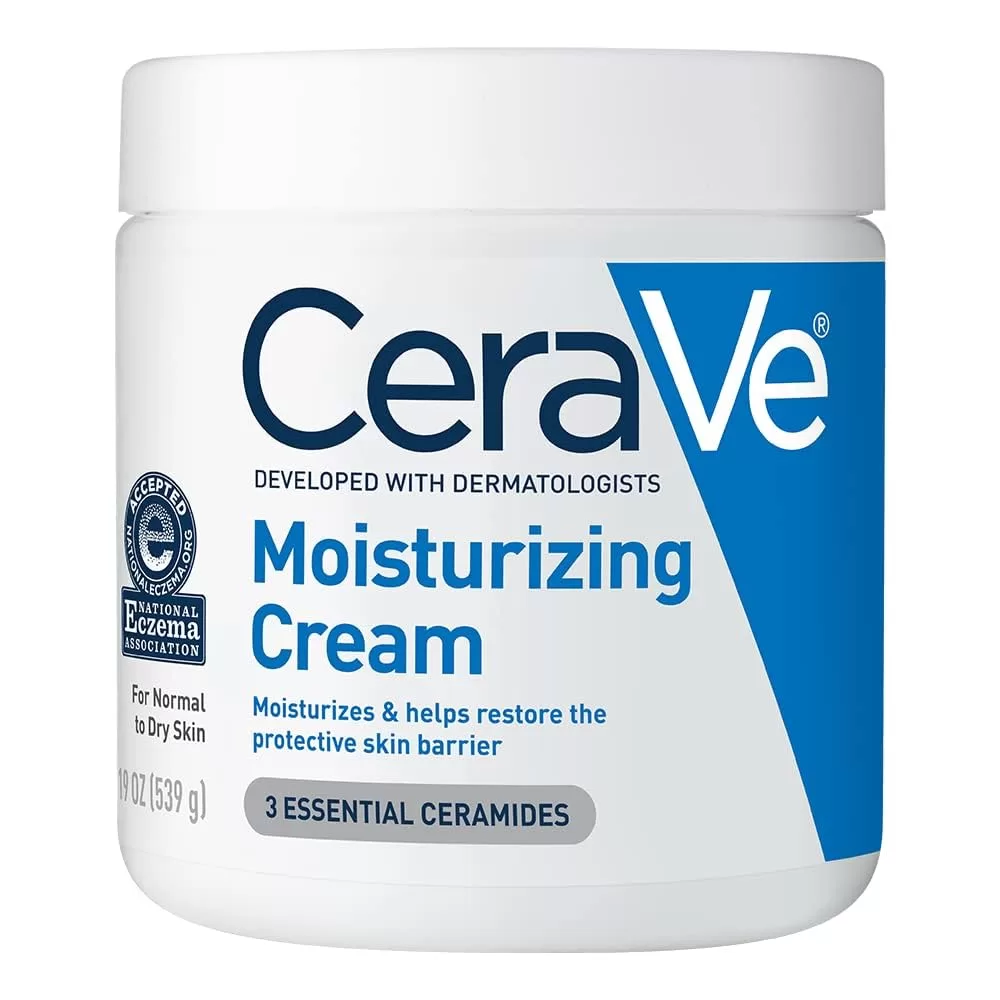Nourishing Sensitive Skin: Balancing Anti-Aging and Rosacea Care
Rosacea-prone skin: Rosacea, a chronic skin condition characterized by facial redness and bumps, presents unique challenges when incorporating anti-aging skincare. However, with careful product selection and a gentle approach, it’s possible to address both concerns effectively.
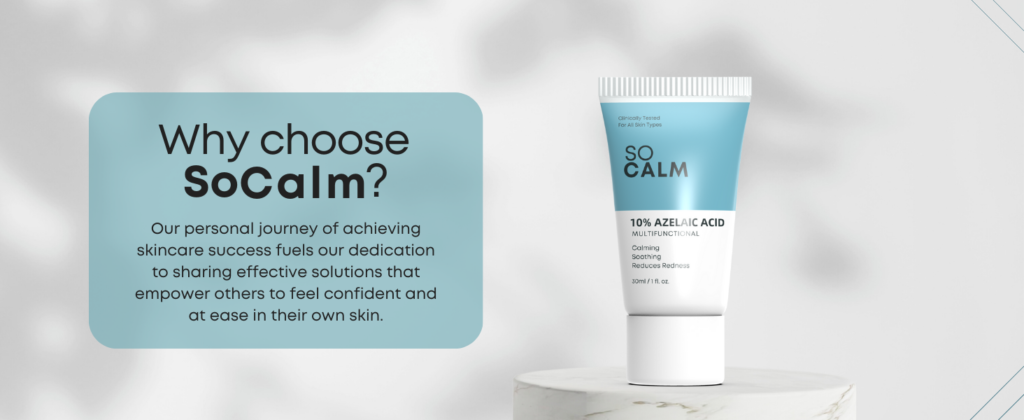
Understanding Rosacea-Prone Skin
Rosacea-prone skin is often sensitive and reactive. Common symptoms include flushing, redness, and visible blood vessels. When selecting skincare products, prioritize ingredients that soothe inflammation and protect the skin’s barrier.
Key Ingredients for Rosacea-Prone Skin
- Niacinamide: This versatile ingredient reduces redness, improves skin texture, and supports the skin barrier.
- Green tea: Known for its anti-inflammatory properties, green tea can help calm irritated skin.
- Hyaluronic acid: Essential for hydration, hyaluronic acid plumps the skin without clogging pores.
- Ceramides: These lipids strengthen the skin’s protective barrier, reducing moisture loss and sensitivity.
Product Recommendations: A Gentle Approach
When choosing skincare products, focus on gentle, fragrance-free formulations. Look for terms like “hypoallergenic” or “sensitive skin.”
- Cleansers: Opt for creamy or gel-based cleansers containing soothing ingredients like chamomile or aloe vera. Avoid harsh surfactants that can strip the skin’s natural oils.
- Moisturizers: Choose lightweight, oil-free moisturizers with hyaluronic acid and ceramides. Look for products specifically designed for sensitive skin.
- Serums: Incorporate serums with niacinamide and vitamin C to address concerns like redness, uneven skin tone, and aging.
- Sunscreen: A broad-spectrum, mineral-based sunscreen with zinc oxide or titanium dioxide is essential for protecting sensitive skin from harmful UV rays.
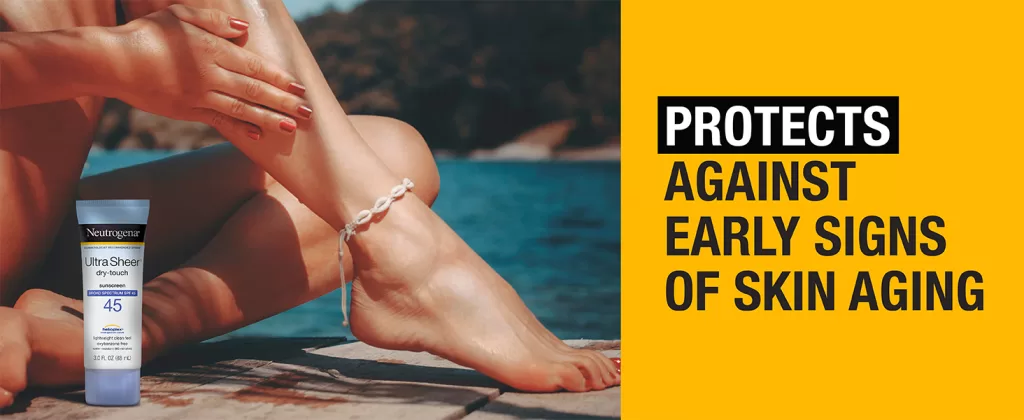
Additional Tips for Rosacea-Prone Skin
- Patch test new products: Introduce new skincare products gradually to minimize the risk of irritation.
- Avoid harsh treatments: Steer clear of exfoliants, scrubs, and other abrasive products.
- Manage triggers: Identify factors that worsen rosacea, such as heat, alcohol, spicy foods, and stress, and take steps to minimize exposure.
- Consult a dermatologist: For persistent or severe rosacea, seek professional guidance.
By following these guidelines and selecting products carefully, you can effectively address both anti-aging concerns and rosacea symptoms, achieving a healthier and more radiant complexion.
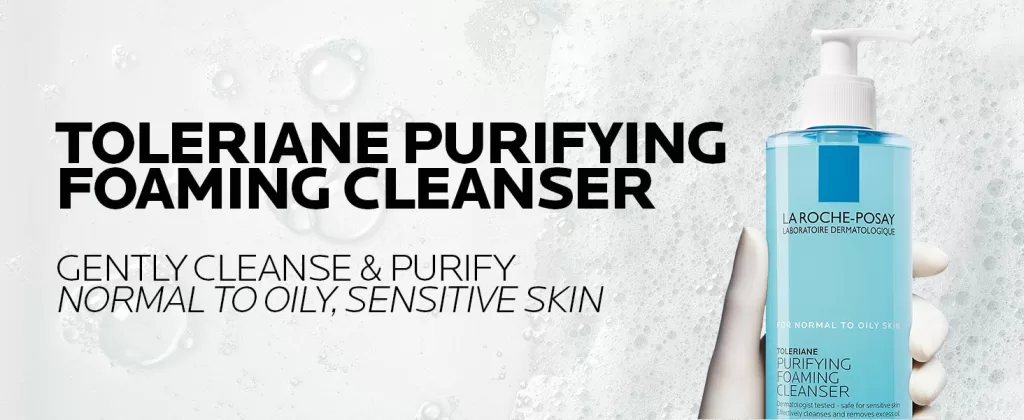
I really enjoy the LRP products. This gel cleanser is amazing and leaves my skin feeling so clean with just one dime sized amount. It lathers up so well and has no scent. I am not sensitive to scents but I appreciate that it doesn’t have one. The pump bottle is easy to use and you get a lot for the price it is so worth it. I have pretty normal skin with the occasional hormonal acne, a little oily in the T zone. It also doesn’t strip your skin, it stays smooth after use. Would reorder for sure!
FAQs: Anti-Aging Skincare for Rosacea-Prone Skin
Q1: Can I use anti-aging products if I have rosacea?
A1: Yes, you can use anti-aging products, but you need to choose them carefully. Look for gentle, fragrance-free formulations that are specifically designed for sensitive skin.
Q2: What ingredients should I look for in skincare products for rosacea?
A2: Prioritize ingredients like:
- Niacinamide: Reduces redness and improves skin texture.
- Green tea: Calms irritated skin.
- Hyaluronic acid: Hydrates without clogging pores.
- Ceramides: Strengthen the skin’s barrier.
Q3: What should I avoid in my skincare routine if I have rosacea?
A3: Avoid harsh ingredients such as:
- Fragrances: Can irritate sensitive skin.
- Alcohol: Can be drying and irritating.
- Strong exfoliants: Can worsen redness and irritation.
Q4: How can I minimize rosacea flare-ups?
A4:
- Identify and avoid triggers: Heat, alcohol, spicy foods, and stress can worsen rosacea.
- Protect your skin from the sun: Use a broad-spectrum sunscreen with SPF 30 or higher daily.
- Manage stress: Stress can exacerbate rosacea symptoms.
Q5: When should I consult a dermatologist?
A5: Consult a dermatologist if:
- Your rosacea is severe or persistent.
- You’re experiencing significant discomfort.
- Over-the-counter products aren’t providing relief.
Q6: Can I use makeup if I have rosacea?
A6: Yes, but choose makeup specifically formulated for sensitive skin. Look for mineral-based foundations and concealers that are non-comedogenic (won’t clog pores).
Remember: This information is for general knowledge and does not constitute medical advice. Always consult a dermatologist for personalized guidance on managing your skin concerns.
Explore more articles like this @ Where And How Resources

